Britain has been shaken by the sudden collapse of a landmark espionage case that accused two men of spying for China — a case that has now spiralled into a political storm.
What began as a high-stakes national security prosecution has evolved into a test of UK Prime Minister Keir Starmer’s government.
How did the China spy case begin?
The espionage case first came to public attention in March 2023 when British police arrested two men on suspicion of spying for China.
The accused were identified as Christopher Cash, 30, a former director of the China Research Group think-tank and one-time parliamentary researcher, and Christopher Berry, 33, an academic.
According to investigators, the two were suspected of passing politically sensitive information to a Chinese intelligence operative known by the alias “Alex.”
The alleged offences were said to have taken place between December 2021 and February 2023.
In April 2024, prosecutors charged Cash and Berry under the Official Secrets Act (OSA) of 1911 — legislation originally introduced to combat espionage during the era of German intelligence threats before World War One.
The charges claimed the men had “communicated information useful to an enemy” and had violated the OSA by sharing data that could compromise Britain’s security or foreign policy interests.
Both men denied the allegations. China, for its part, dismissed the entire case as “fabricated” and “malicious slander,” calling the accusations politically motivated.
At the time, the prosecution was seen as a rare and serious move against alleged Chinese intelligence activity in the UK.
It followed several warnings from Britain’s intelligence agencies about Beijing’s influence operations targeting politicians, academics, and the business sector.
Why did the charges collapse?
The case was expected to go to trial this month, but in a dramatic turn, the UK Crown Prosecution Service (CPS) abruptly dropped the charges in mid-September — only weeks before proceedings were due to begin.
The CPS explained that it could no longer proceed because the evidential threshold had not been met.
Specifically, prosecutors said they had requested further documentation from the government to confirm whether, at the time of the alleged offences, China was officially regarded as a “threat to national security.”
Under a legal precedent set by a July 2024 ruling in an unrelated espionage case involving Bulgarian nationals found guilty of spying for Russia, the Court of Appeal clarified that, under the Official Secrets Act, an “enemy” must be defined as a state posing a current threat to Britain’s national security.
When the charges were brought in April 2024, Britain’s then-Conservative government had labelled China an “epoch-defining challenge,” but had stopped short of describing it as a “threat.”
That distinction became central to the CPS’s decision to abandon the prosecution.
Director of Public Prosecutions Stephen Parkinson stated that the CPS had sought new evidence from the government “over many months” to determine whether China met the threshold of being a “national security threat.”
However, despite several witness statements provided by government officials, none contained an explicit statement defining China as such during the period of the alleged offences.
The CPS said that, given this omission, it could not legally sustain the charge that Cash and Berry had communicated information useful to “an enemy.”
What did the witness statements in the case say?
The evidential dispute centred on three witness statements provided by Britain’s Deputy National Security Adviser, Matthew Collins.
His submissions, made at different stages between December 2023 and August 2025, outlined China’s intelligence activities and the government’s evolving position on Beijing.
In his second statement, Collins wrote that China posed “the biggest state-based threat to the UK’s economic security” and that its intelligence agencies “conduct large-scale espionage operations against the UK.”
However, he also said, “It is important for me to emphasise, however, that the government is committed to pursuing a positive economic relationship with China.”
The third statement reiterated the government’s “three Cs” framework — “We will co-operate where we can, compete where we need to, and challenge where we must, including on issues of national security.”
While these submissions described the scale of Chinese espionage and influence operations, they did not explicitly define China as a “threat to national security” at the time the offences allegedly occurred.
The CPS later concluded that without that formal designation, the case could not meet the legal test required to proceed.
Starmer’s government subsequently published the witness statements to provide transparency. Opponents, however, claimed that the documents weakened rather than clarified the government’s stance.
Former Director of Public Prosecutions Ken Macdonald said, “These statements were more than adequate to proceed with a prosecution in my view,” arguing that the CPS may have misjudged the evidential standard.
How has Westminster reacted to this?
Critics have accused the Labour government of undermining the prosecution to avoid jeopardising economic ties with China.
Opposition leader Kemi Badenoch alleged that “the prime minister wants to suck up to Beijing,” accusing Starmer of failing to prioritise national security.
Conservative lawmakers said the government’s refusal to provide the CPS with sufficient evidence had directly led to the trial’s collapse.
Some critics also questioned whether Jonathan Powell, the Prime Minister’s National Security Adviser, had any influence over the process, citing his known preference for engagement with Beijing.
The government categorically denied this, saying Powell had no involvement in the preparation or submission of evidence.
UK Security Minister Dan Jarvis told Parliament that Collins had been given “full freedom to provide evidence without interference” from ministers or advisers and that “his evidence did not materially change” between his statements.
Starmer rejected claims that his government had interfered, stating that the CPS had made its decision independently.
He said the prosecution could only rely on the policy language of the Conservative government in power when the alleged offences took place, not Labour’s later classification.
“The decision to drop the case was made independently by the CPS,” Starmer said, expressing disappointment over the outcome but denying that political motives played a role.
How did UK’s MI5 react?
Ken McCallum, the Director General of MI5, voiced his frustration following the case’s collapse. “Of course, I am frustrated when opportunities to prosecute national security threatening activity are not followed through for whatever reason,” he said in his annual security briefing.
McCallum confirmed that MI5 had “intervened operationally” against Chinese actors in the previous week, though he declined to provide details.
When asked whether Chinese state operatives posed a threat to Britain’s national security, he responded, “Do Chinese state actors present a UK national security threat? And the answer is, of course, yes, they do, every day.”
He also acknowledged that Britain’s relationship with China was “complex,” involving economic, political, and security considerations that fell within the government’s policy domain.
“That one is perfectly legitimately a matter for government,” he said.
How did Beijing react?
China’s government has consistently rejected the espionage allegations, calling them baseless and politically motivated. A spokesperson for the Chinese Embassy in London said the witness statements were “rife with unfounded accusations.”
“China never interferes in other countries’ internal affairs and always acts in an open and above-board manner,” the embassy said. It also urged the UK to “stop hyping up anti-China narratives.”
For Beijing, the collapse of the case serves as a diplomatic vindication. Chinese state media has highlighted the failure as proof of what it calls “unsubstantiated Western paranoia.”
However, British officials have stressed that the collapse does not change their broader assessment of Chinese espionage activities.
Intelligence agencies continue to warn about extensive Chinese cyber operations, attempts to cultivate political influence, and infiltration of academic institutions.
How has this endangered Starmer’s balancing act with Beijing?
Since taking office, Starmer’s government has sought to reset relations with China as part of its strategy to boost Britain’s economic growth.
Senior ministers, including Foreign Secretary David Lammy and Chancellor Rachel Reeves, have visited Beijing, while National Security Adviser Jonathan Powell has advocated a “pragmatic engagement” approach.
Starmer has described this as the “three Cs” strategy: to compete, cooperate, and confront China where necessary. This framework aims to protect British interests while maintaining dialogue on global trade, climate, and regional stability.
But the China spying case has complicated that message. Critics say the government’s careful diplomacy has left it vulnerable to accusations of weakness.
Proponents argue that maintaining communication channels with Beijing is essential given global interdependence and shared economic interests.
For now, Starmer has maintained that the UK’s approach balances vigilance with engagement.
“The government is committed to pursuing a positive economic relationship with China,” one of Collins’s statements reaffirmed, while underscoring the UK’s readiness to “challenge where we must.”
What next?
Some lawyers argue that if prosecutors had enough material to bring charges in April 2024, the subsequent Court of Appeal ruling should not have invalidated the case.
Others suggest the CPS was right to proceed cautiously, given the narrow legal definitions under the Official Secrets Act and the evolving nature of Britain’s national security classification system.
The OSA, which dates back more than a century, does not define “enemy” in modern geopolitical terms. The 2024 ruling effectively linked that designation to the government’s official security policy — creating a legal gap between espionage activity and political wording.
This gap, critics say, exposed how national security law has failed to keep pace with contemporary threats such as cyber espionage and political interference.
Several lawmakers have since urged the government to update or replace the OSA to reflect modern conditions.
Meanwhile, parliamentary committees are preparing inquiries into the circumstances surrounding the case’s collapse, including whether government departments and the CPS communicated effectively and whether ministers should have provided clearer guidance.
For now, both Cash and Berry have been cleared of charges, maintaining their innocence throughout.
Also Watch:
With inputs from agencies


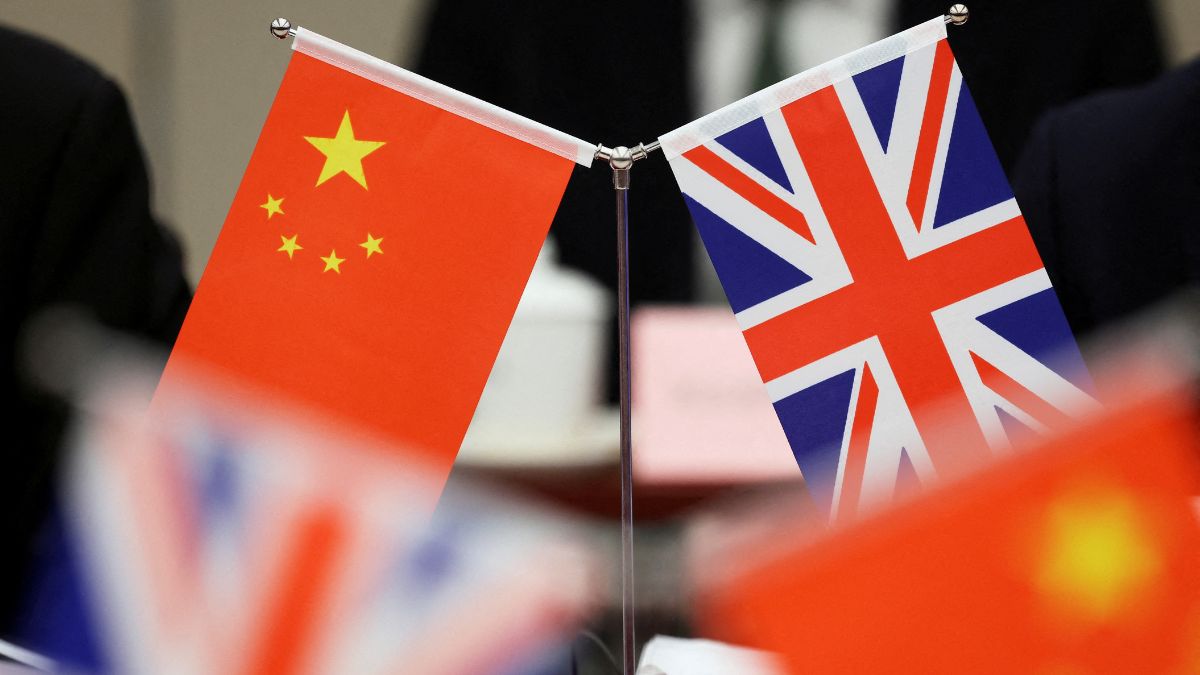)
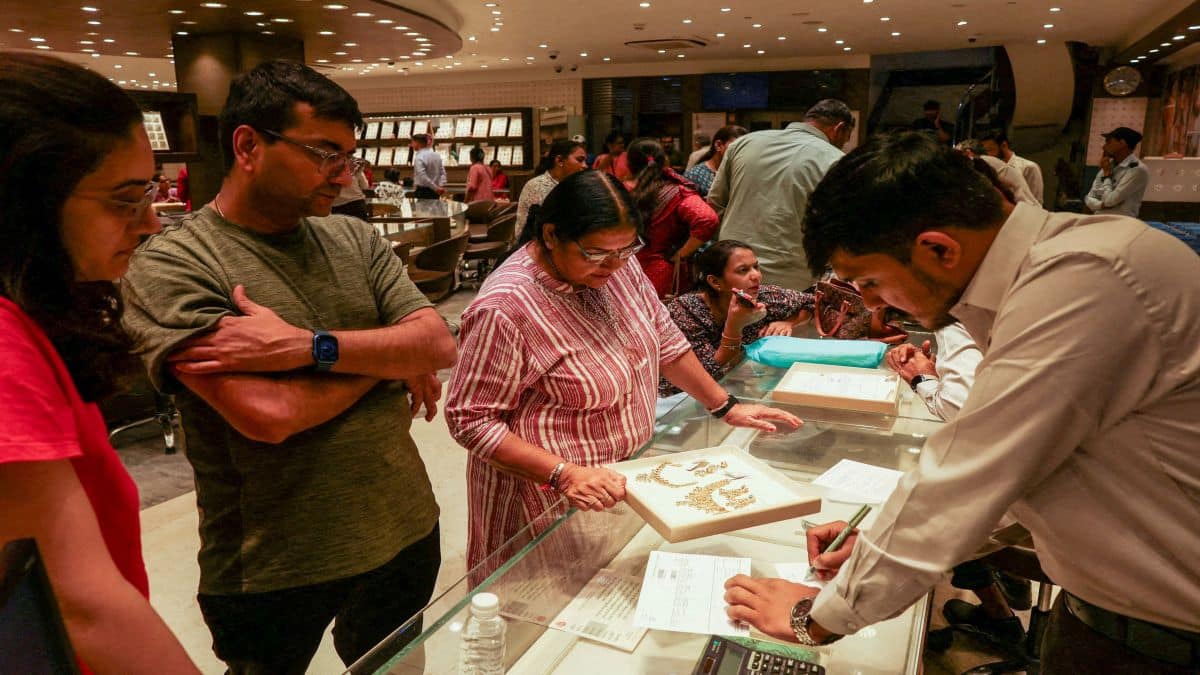
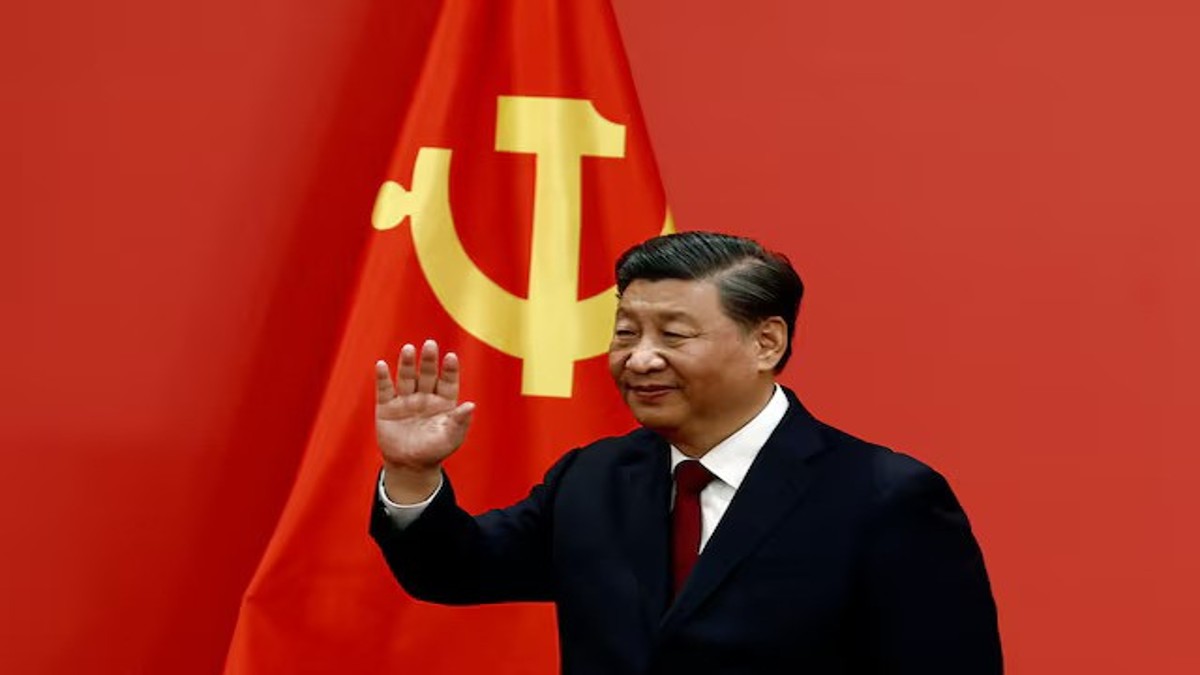)
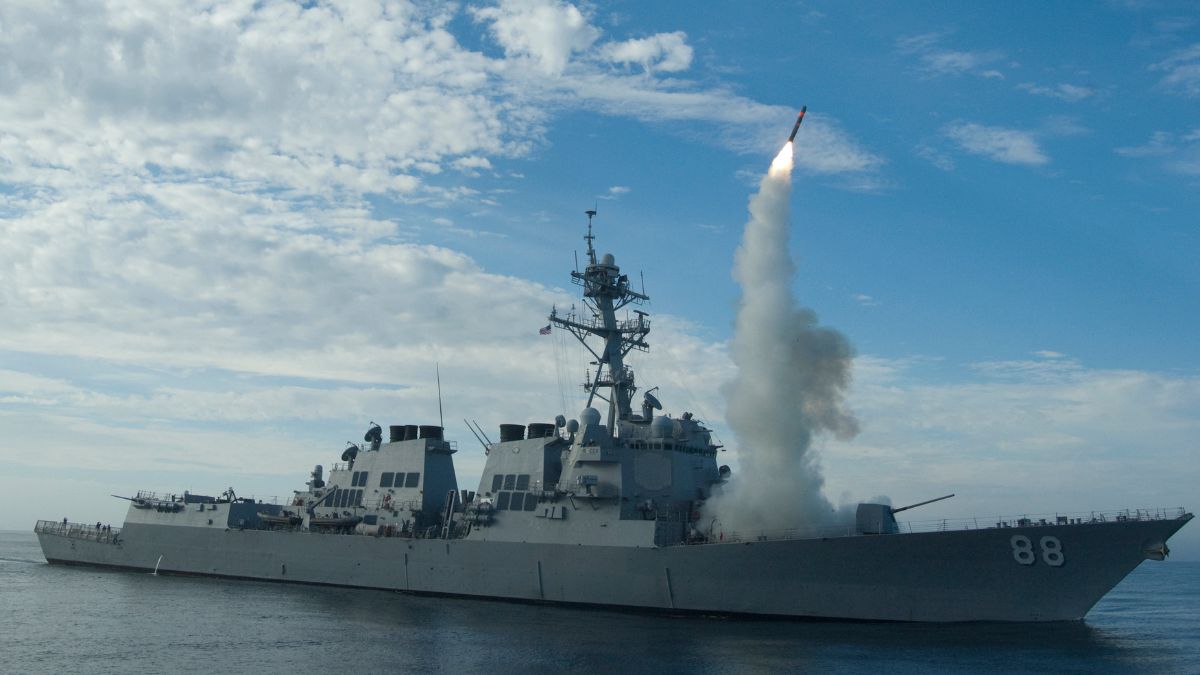)
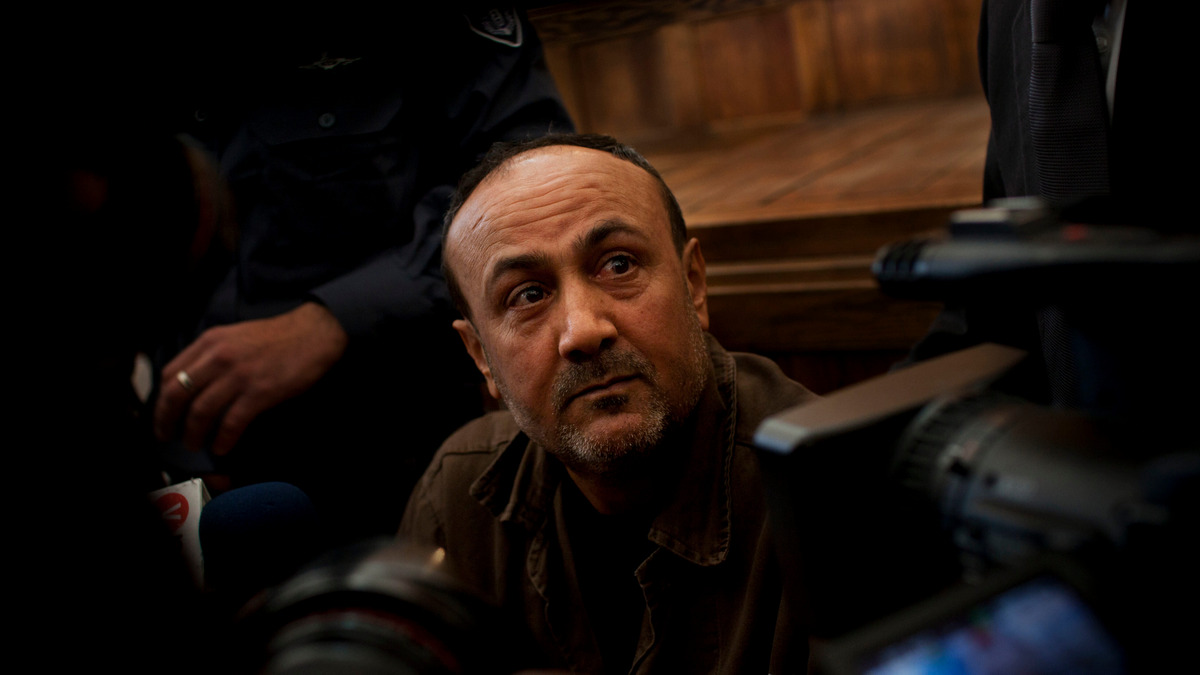)
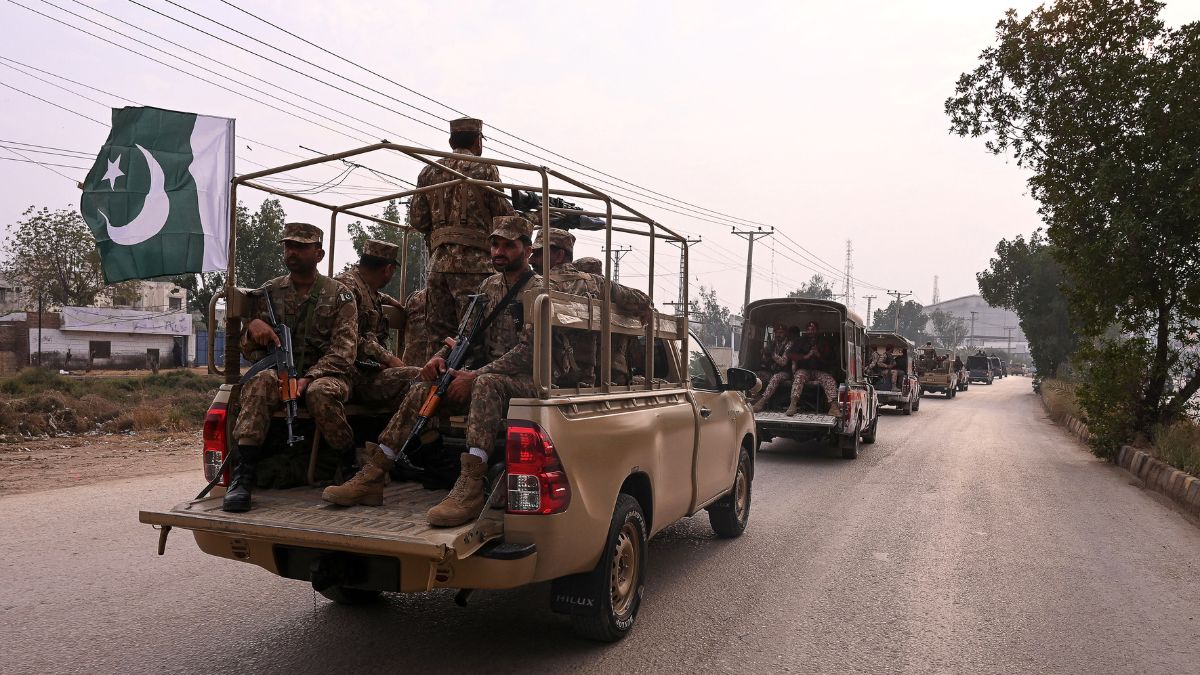)
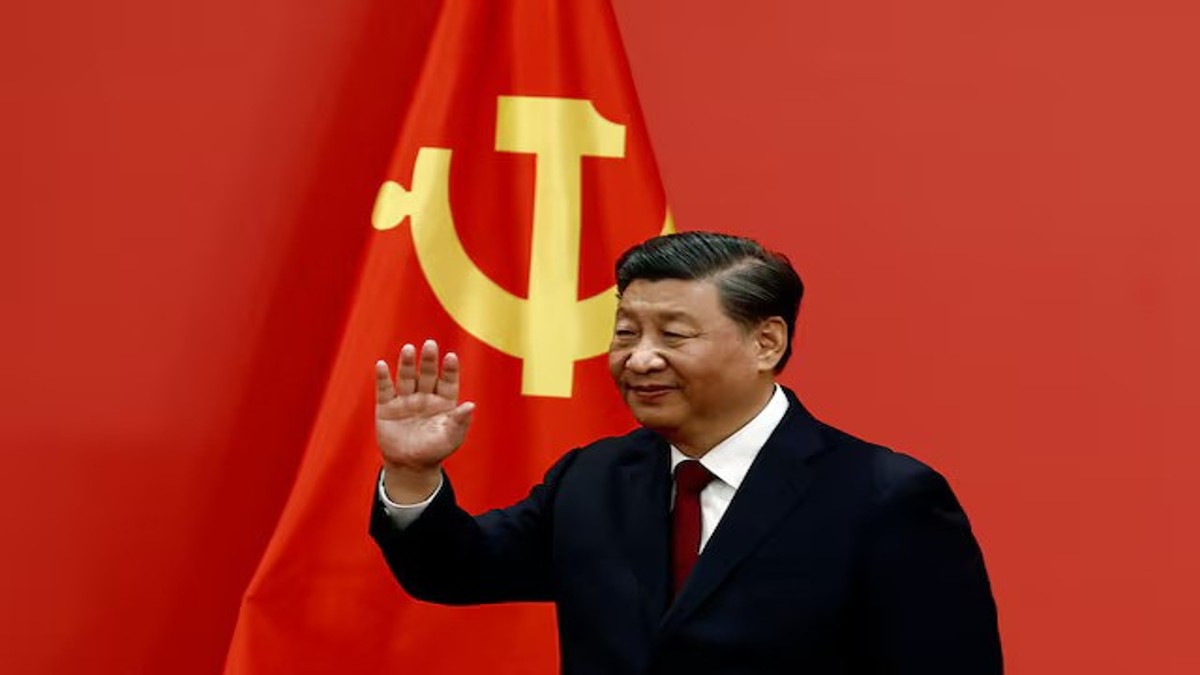)
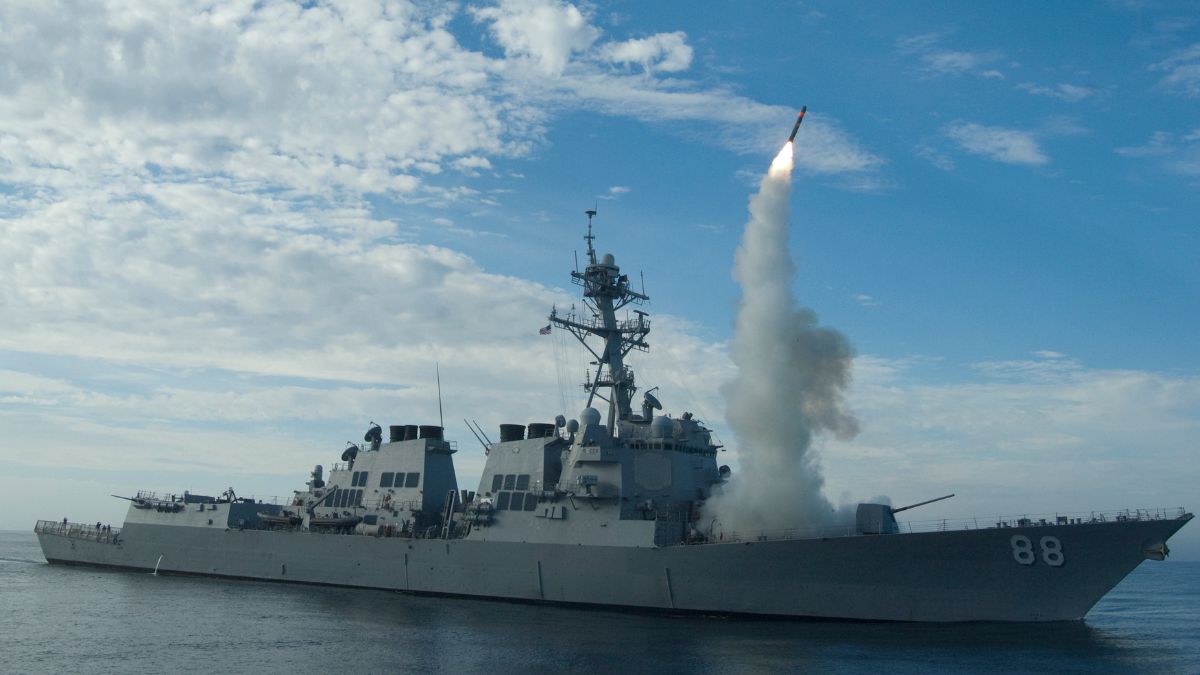)
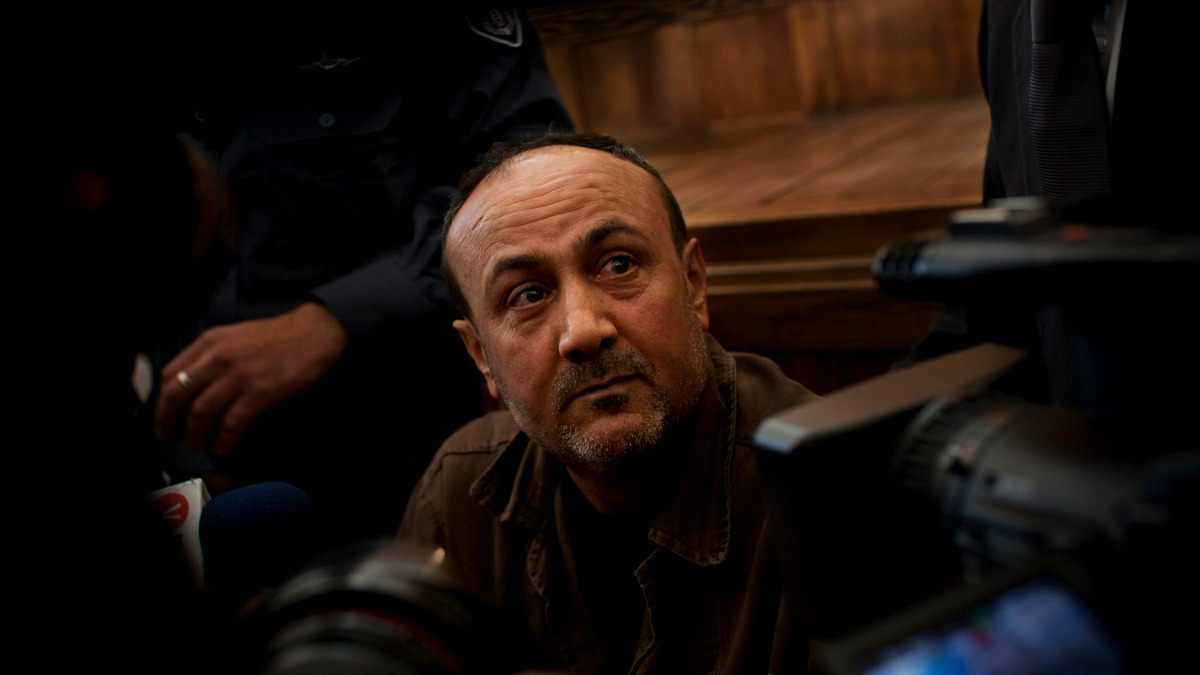)
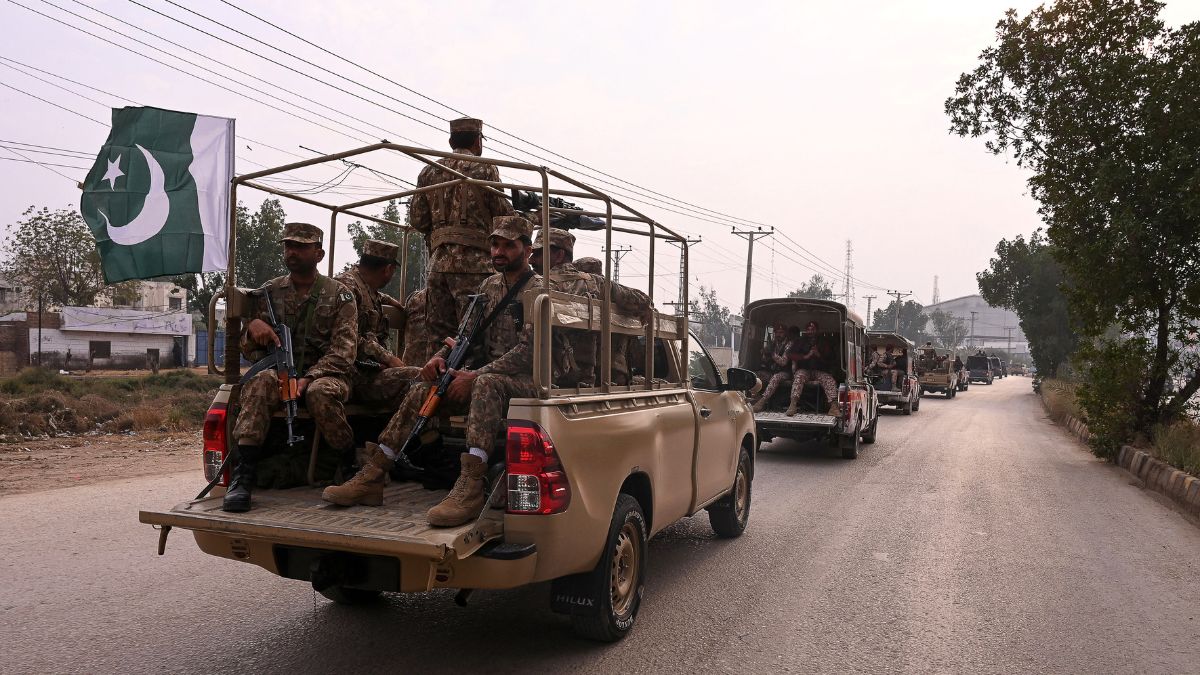)



